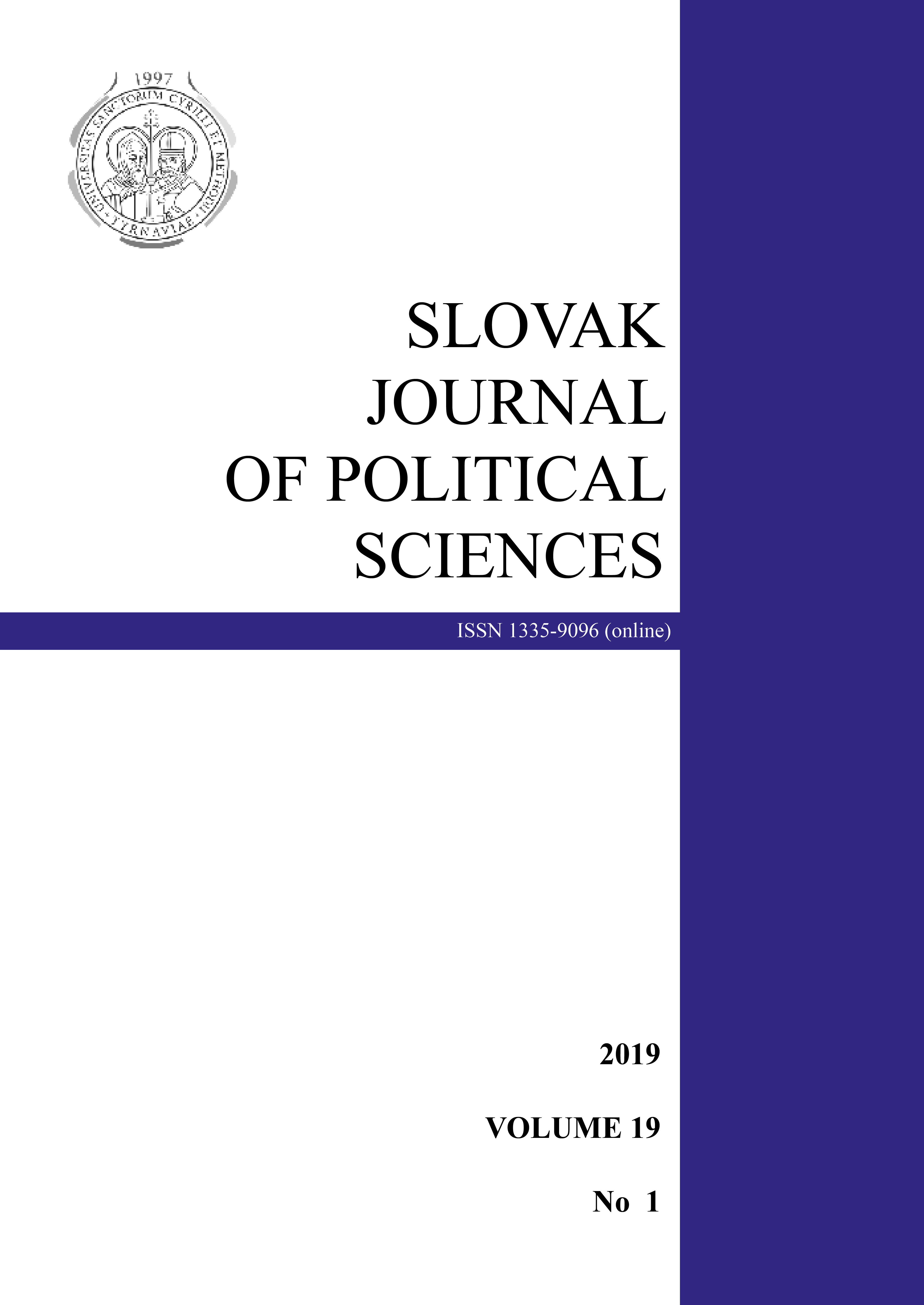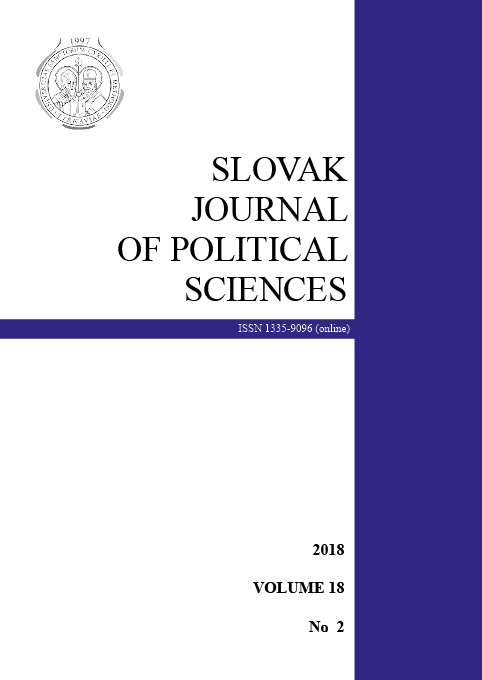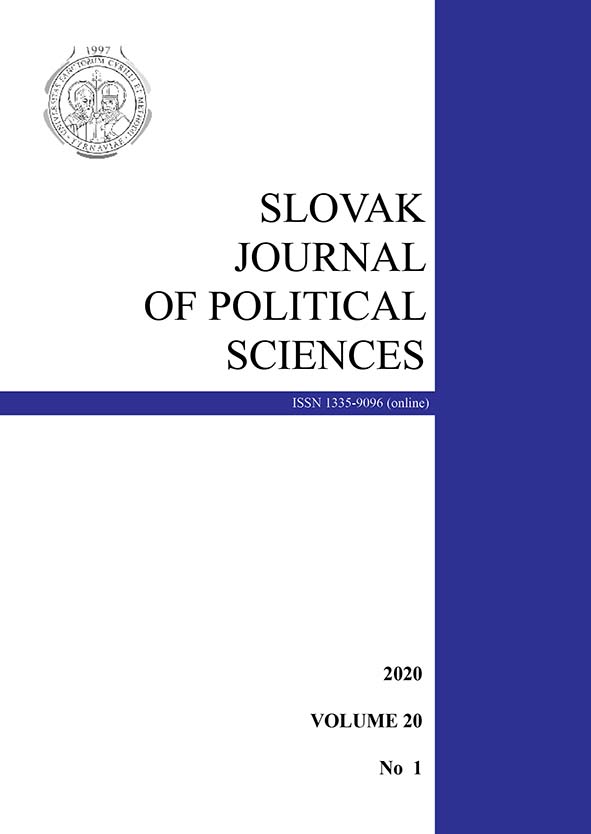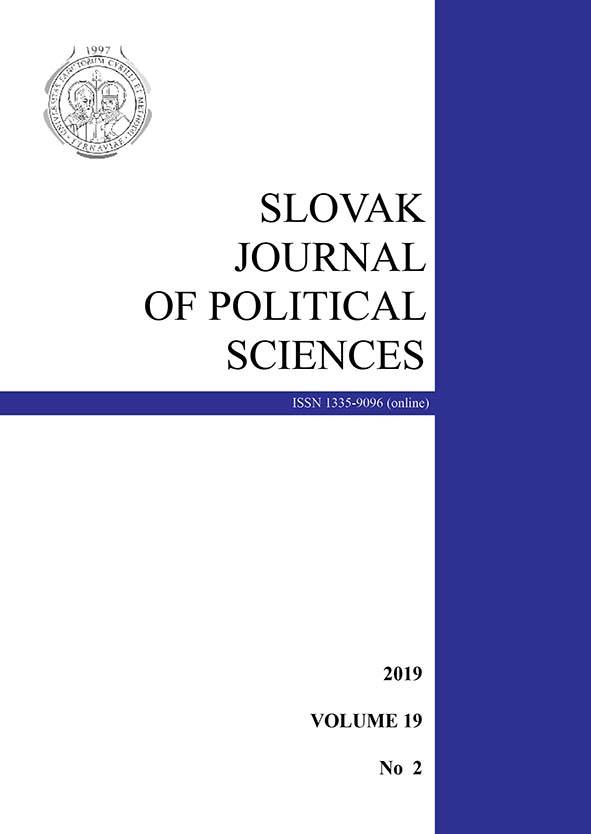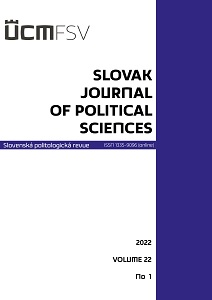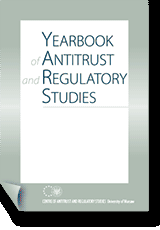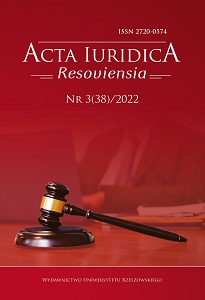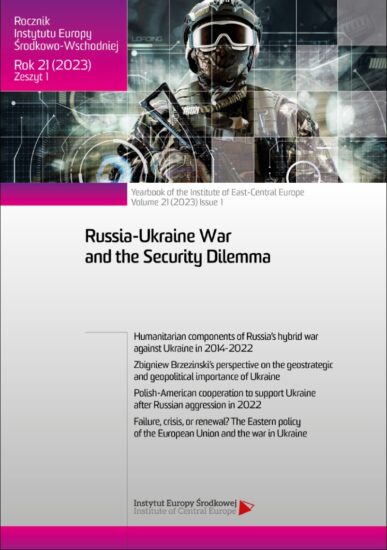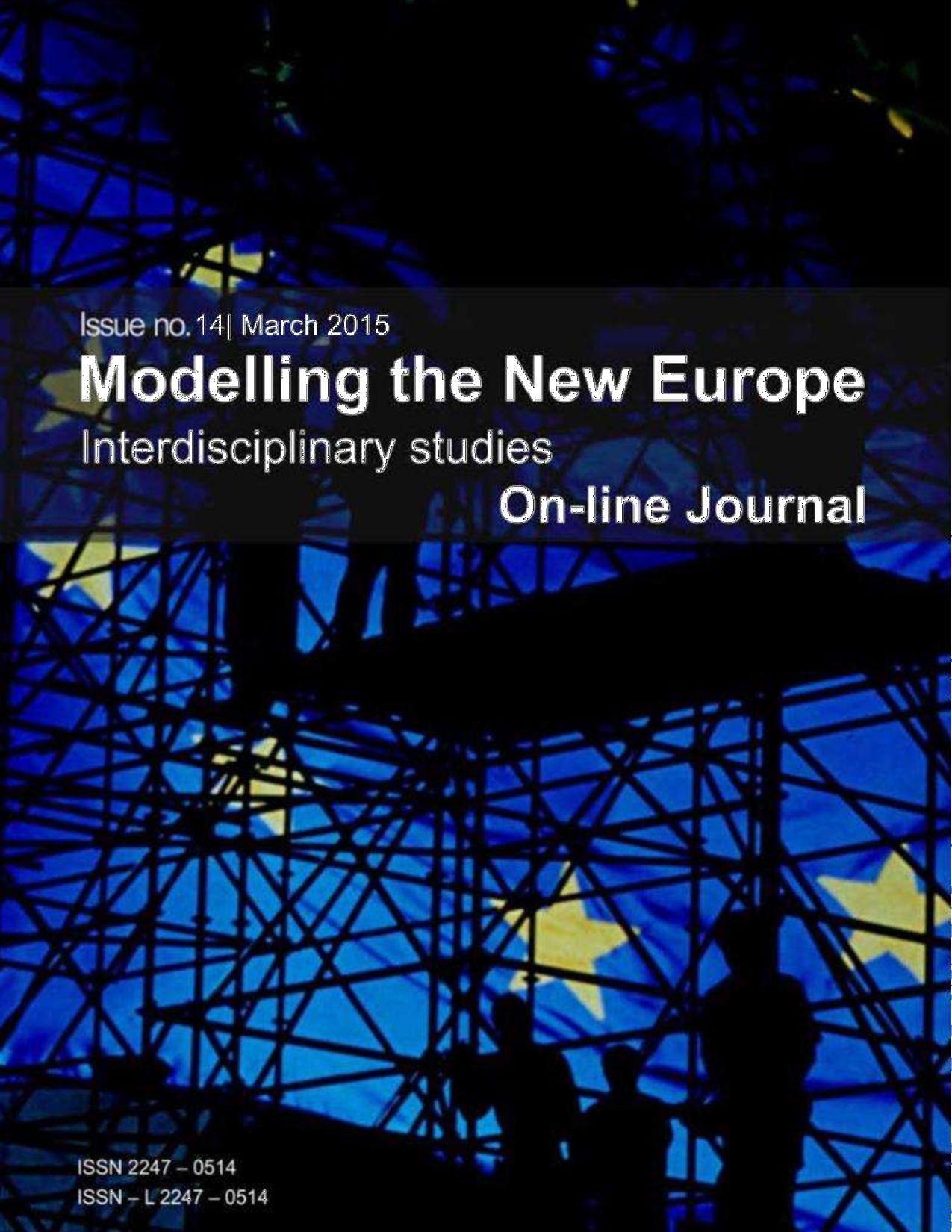
FDI FLOWS IN ROMANIA BEFORE AND AFTER EU INTEGRATION: A COMPARATIVE APPROACH
Foreign direct investments represent an important part of the economy of a state, producing effects not only in the economic sphere, but also in the legal and institutional ones. The present paper focuses on the analysis of flows of foreign direct investments in the Romanian economy in the period 1999-2013 – the pre and post-accession period to the European Union
More...


